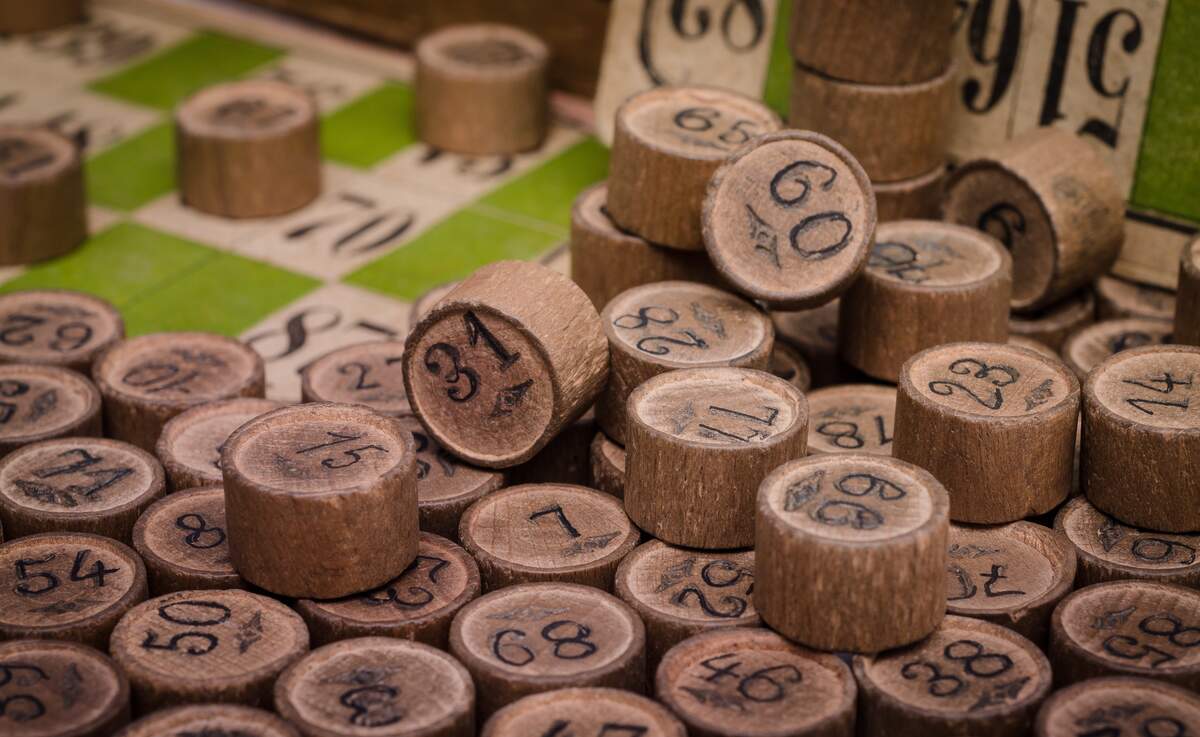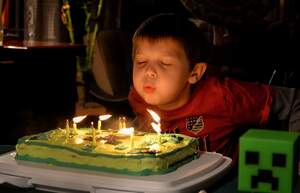

National Bingo Day
Bingo! Celebrated and promoted today with National Bingo Day, bingo is a game popular with both the young and old that is played in person or online, often for prizes or small amounts of money. A player becomes a winner and yells out "bingo" when enough of the sequential numbers on their card match the numbers drawn by a caller. National Bingo Day purportedly started in the United States and was officially recognized in the United Kingdom in 2021, where it is celebrated by bingo clubs and websites.
The roots of bingo date to sixteenth-century Italy, where a lottery game called Il Giuoco del Lotto d'Italia was accessible to many regardless of their class. In the late eighteenth century, a modified version of the game, Le Lotto, was ascendant in France. The game used cards that had 27 squares laid out in 3 rows and 9 columns. Early in the nineteenth century, a version of bingo was used by Germans to teach numbers, multiplication tables, and other subjects to children.
The American version of bingo emerged in the early 1920s. Hugh J. Ward had a hand in creating and standardizing it. He designed it to be played at carnivals in Pittsburgh and Western Pennsylvania. He copyrighted it and published a rulebook for it in 1933.
Edwin Lowe, a toymaker, furthered the game's popularity in the United States. He saw a game called beano being played at a traveling carnival near Atlanta in 1929. It used dried beans, a rubber stamp, and cardboard sheets, and it followed Ward's rules. The cards were marked with beans and players yelled "beano" if they won. According to lore, the game was being played at a carnival and a winner accidentally yelled out "bingo" instead of "beano," giving it a new name. Another version of the story says one of Lowe's New York friends—whom he shared the game with after encountering it—yelled out the malapropism, giving it its new name.
Soon Lowe was manufacturing the games. He enlisted Carl Leffler, a Columbia University math professor, to assist him in increasing the number of bingo cards. By 1930 there were 6,000 different cards, which lessened the chance that multiple people would get "bingo" at the same time.
Bingo caught on in the United States throughout the 1930s and '40s. It became popular at county fairs, as well as at churches, where it was sometimes used to raise funds. It later became common at casinos, retirement homes, nursing homes, and digitally, on websites and with apps. In the United States it is played at bingo halls, while in the United Kingdom, bingo clubs are common. Different versions of the game are played in different countries. In Britain and Ireland, 15 numbers are printed on 3 lines, while in America, numbers are printed on a five-by-five grid. There are other variations of the game beyond this. Today, on National Bingo Day, bingo is celebrated and promoted however and wherever it is played!
How to Observe National Bingo Day
Play some bingo! Play it at a bingo hall, at your home with some friends, online, or at a retirement home or nursing home with an aging relative. Try a few versions of the game. Special events are sometimes held on the day, so check to see if any are happening near you. Bingo clubs in the United Kingdom regularly mark the day, so you could check some of them out. You could also follow the UK's celebration on Twitter, Instagram, and Facebook.





















